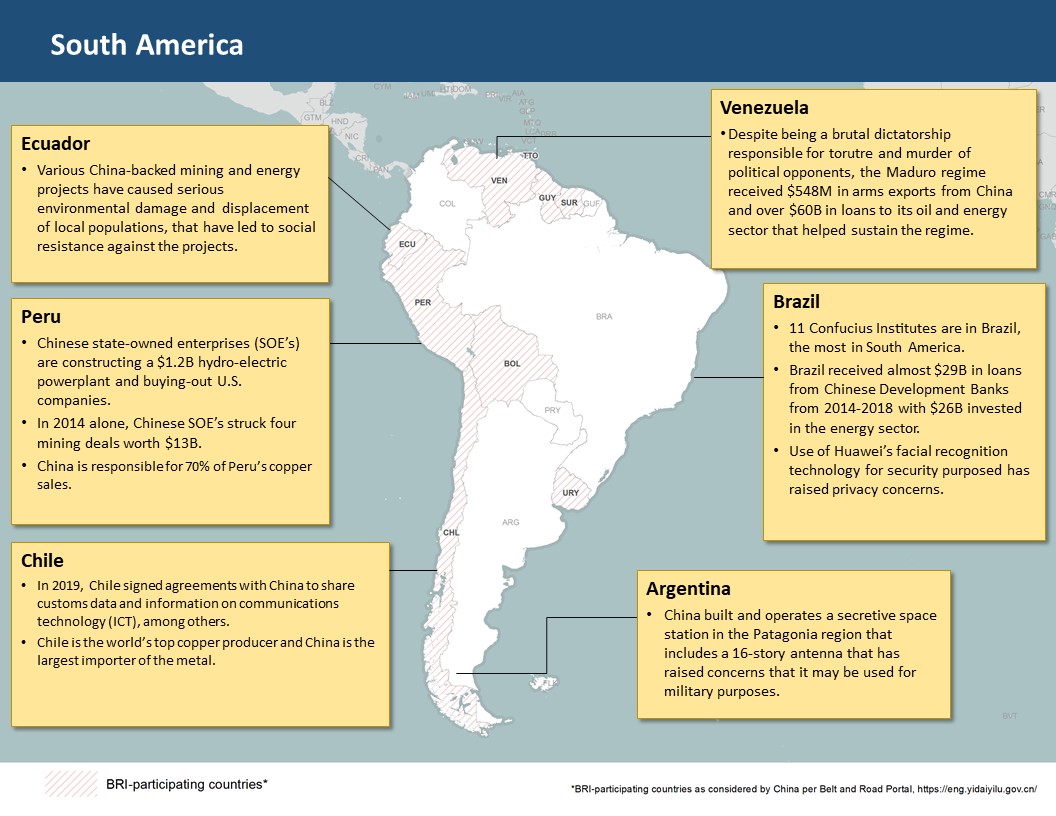Mariner has leaned heavily on the horse race metaphor. It helps provide direction and simplifies objectives. The element that changes dramatically when HORSE #3 enters the race is the track itself. It has been easy to correlate the requirements for winning with HORSE #1 and #2 – they are owned by the same stable: The United States. The track is identical for both horses. HORSE#3, however, is owned by a different stable: Planet Earth. The track is unfamiliar to the US stable. Given today’s circumstances, to win the race the US stable must run on an unfamiliar track.
There are familiar attributes in HORSE #3. All three horses are focused on consumption of resources; all are concerned about survival; all are concerned about the grand order of things. What distinguishes each horse is the manner in which each horse runs the race.
HORSE #1 runs by modifying legislation, shoring up cultural unity and establishing common purpose.
HORSE #2 runs by investing in financial partners who will comprise an international market/GDP liaison.
HORSE#3 runs by utilizing planetary resources such as atmospheric temperature, biosphere adaptation, weather patterns, tides, volcanoes, earthquakes and similar physical characteristics. (When evaluating HORSE #3, there is a tendency to push measurement to infinity, that is, one feels the urge to jump off the track and frolic in the infield. If one’s thoughts seem to require a consultation with Charles Darwin, Sir Isaac Newton, Stephen Hawking, Albert Einstein or Harry Emerson Fosdick, the scale is too grand.)
Perhaps not very scientific but the three-horse race is all about the fact that the US stable has been borrowing hay from the Planet Earth stable and not ever paying for it. The cost to run this three-horse race is very, very high; without a good racing strategy, the US stable (and other national stables) could go bankrupt.
Addressing the issues more directly, humans have been releasing carbon dioxide in volumes so huge that they have interrupted the naturally very slow Carbon cycle typical of the Earth’s planetary behavior. Spiking the planet with Carbon Dioxide is like giving someone methamphetamine. Consequently, glaciers are melting, oceans are rising, air is heating, weather is changing dramatically and earthquakes are more active.[1]
֎ The planet is so energized that in the US alone 162 million people — nearly 1 in 2 — will most likely experience a decline in the quality of their environment, namely more heat and less water. 1 in 12 Americans in the Southern half of the country will move toward California, the Mountain West or the Northwest over the next 45 years because of climate influences alone.
֎ Eight of the nation’s 20 largest metropolitan areas — Miami, New York and Boston among them — will be profoundly altered, indirectly affecting some 50 million people.
֎ Ten fastest-sinking coastal cities (2015 to 2020)
Tianjin, China 5.22 cm per year
Semarang, Indonesia 3.96
Jakarta, Indonesia 3.44
Shanghai, China 2.94
Ho Chi Minh City, Vietnam 2.81
Hanoi, Vietnam 2.44
Chittagong, Bangladesh 2.35
Kobe, Japan 2.26
Kerala, India 1.96
Houston, USA 1.95
To translate the impact into dollars, the cost of repairing damage from hurricanes, floods, fires and drought in the US has risen. Climate change has cost U.S. taxpayers more than $350 billion over the past decade, according to a report released last year from nonpartisan federal watchdog the Government Accountability Office. By 2050, that figure will be $35 billion per year. Costs include clean up and disaster assistance caused by flooding and storms, which are set to increase under rising temperatures. Not taken into account are the shifts in climate which will severely impact agricultural production.
So entry fees for this three-horse race are exorbitant. They are large enough for every nation on the planet to be forced to reassess budgets. What comes first, war or flooding? What is more important, plutocracy or feeding citizens? What’s more important, space budgets or rebuilding New York City and Miami?
Finally, given the objectives of all three horses, will the US stable win anything?
Ancient Mariner
[1] If the reader wants to have a deeper understanding of the Carbon cycle, check out https://www.earthobservatory.nasa.gov/features/CarbonCycle

